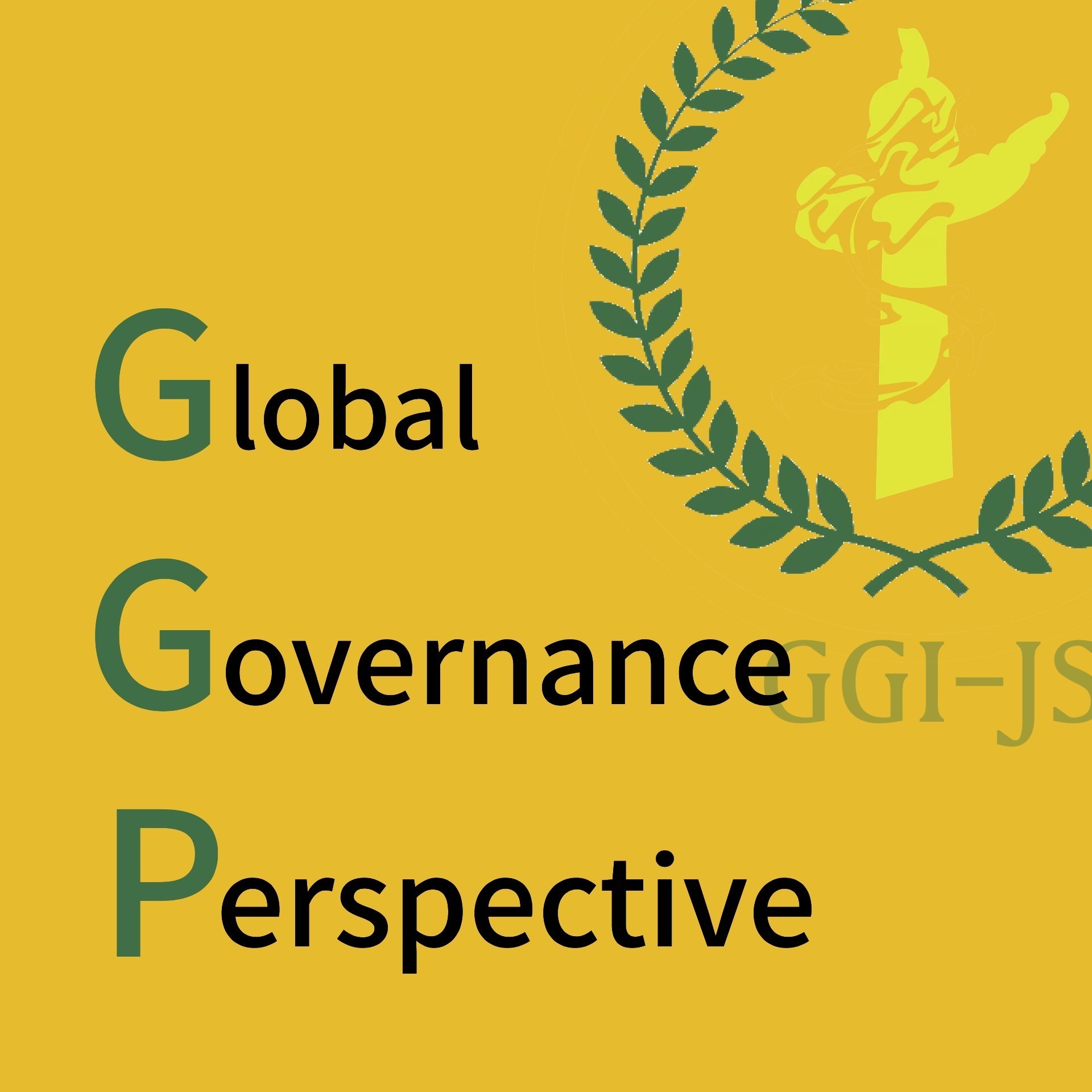Possible War Crimes Trail by ICC in Russian-Ukraine Conflicts
In this episode, our research fellow Ms. WANG Lin will host Professor Williams Schabas, a regular guest of Global Governance Perspective, to talk about the latest development of the ICC investigation in situation of Ukraine.
Professor William A. Schabas is professor of international law at Middlesex University in London. He is also professor of international human law and human rights at Leiden University, emeritus professor of human rights law at the National University of Ireland Galway and honorary chairman of the Irish Centre for Human Rights, and invited visiting scholar at the Paris School of International Affairs (Sciences Politiques). His specialty is international criminal law, where he has published extensively in recent years. This legal background make him the perfect speaker for this episode about ICC situation in Ukraine.
The ICC formally began its investigation of situation in Ukraine since March 2 and made rapid progress so far. As ICC Chief Prosecutor Karim Khan said in a news report, the ICC sent a team of 42 investigators, forensic experts and support staff to Ukraine to probe potential war crimes, representing the “largest ever single field deployment” since the office began its work in 2003.
In addition, vast portions of resources and support were poured into ICC. The US State Department launched a new program-called the Conflict Observatory- “to capture, analyze, and make widely available evidence of Russia-perpetrated war crimes and other atrocities in Ukraine.” The European Commission also launched a new project, under its Foreign Policy Instrument, to support the investigation capacities of the International Criminal Court (ICC) with 7.25 million Euros.
On the surface, the ICC appears to be undergoing a "renaissance" of sensitivity and operational capacity. However, against the backdrop of the ICC's failure to make progress for years in its investigations of situations in Iraq, Afghanistan, targeting NATO countries including the United States, Britain and Australia, and as well the sanctions imposed directly on the ICC by the United States to stop its investigations, if the ICC were to conduct war crimes trials against Russia in a very short period of time, could this be considered a "success story" for the court? How can the rapid response and convergence of resources demonstrated in this case be evaluated in comparison to the ICC's performance in other situations such as the above-mentioned investigations against the U.S., Britain, and Australia? If the ICC does succeed in finding war crimes in this conflict, will this really give the ICC more confidence and credit? Would such a success raise suspicions that the ICC is being politicized and instrumentalized? For all those questions, please stay tuning in our podcast.
Timeline
04:27 Question 1 - With the ICC probe into the accused of war crimes committed by Russia in Ukraine, what’s the latest observation of the development?
22:21 Q2 - Some countries may hope, in the ICC investigation, they can have some impact or deteriorates on the conflict in Ukraine, do you think they will have these goal realized? Will that work?
35:00 Q3 - With these questions, is it because Russia did not accept Roman Statue?
37:03 Q4 - How do yo prospect the posibillity of the former prosecution and keys findings of the possible war crime in Ukraine
44:08 Q5 - Do you think ICC will start the investigation in Xinjiang? How do yo think the controvercial evidence of Xinjiang?
54:46 Q6 - With the extraordinary expensive fee of international justice mechanism, it seems that international justice focus upon strategically important crisis for the wealthy countries. Is this the reason behind the imbalanced distribution of attention and resources of international justice? How will this impact the independence and impartiality of ICC?
Q&A Time
01:01:25 - Could protection of democracy as its argument to intervene militarily? Or could protection of democracy be used as a legal basis to use force under the international law? Will that constitute a crime of aggression according to the Rome Statute?
01:05:47 - On July 30th, the US killed the leader of aI-Qaeda, Ayman al-Zawahiri, in a drone strike in Afghanistan. As we also know that days before the withdrawal of US forces from Afghanistan last year, a miscalculated US drone strike killed 10 innocent people in Kabul, including an aid worker and seven children. Were there any war crimes involved in those two killings in the international law?
Background Music: Behind the sword - Alexander Nakarada
Editor: SiraaGong
